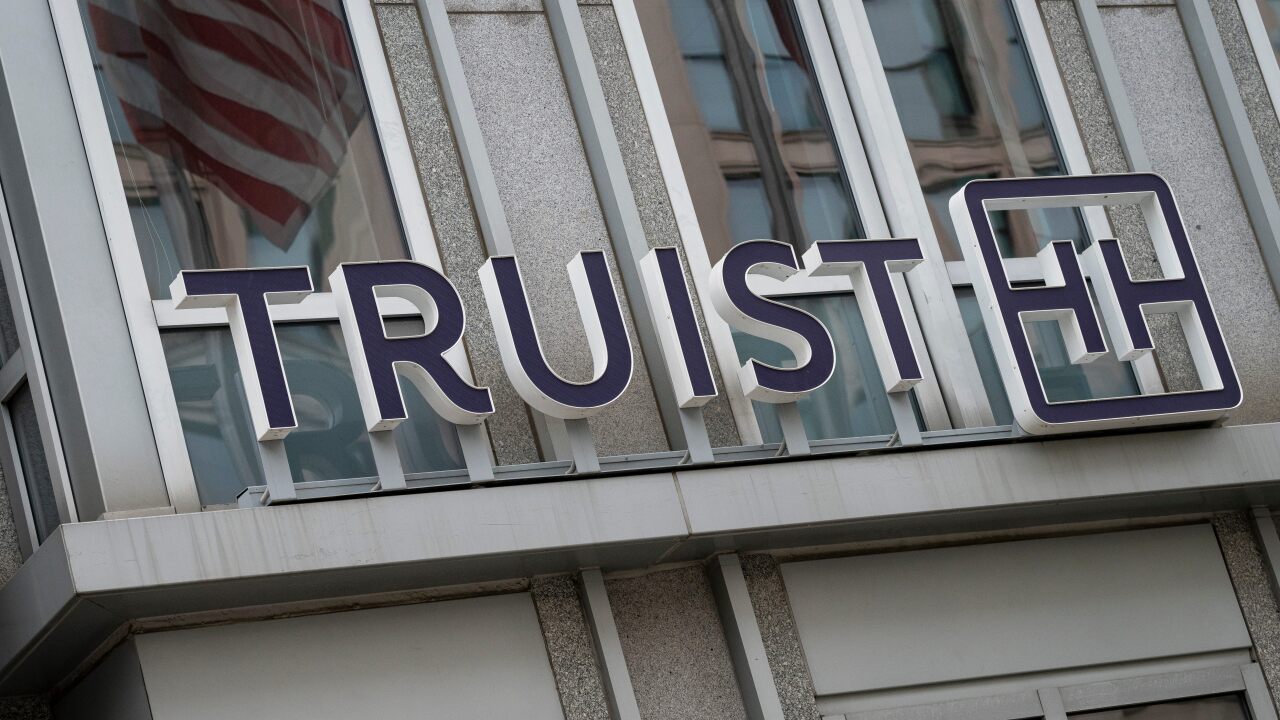Seeking to defuse the public outcry over perceived abuses in the over- the-counter derivatives market, some dealer groups have drafted a proposed code of conduct to guide transactions in these instruments.
But the proposals themselves have come under fire from end users, even before the draft has reached its final form.
In particular, companies and banks that use derivatives - including forward contracts and interest rate and currency swaps - say the proposed code tilts the balance of power too far in the favor of dealers.
"This is just reorienting the relationship to the disadvantage of the end users, in a manner that makes it almost impossible to pursue fraud charges against dealers," said William Miller, chairman of the year-old End Users of Derivatives Association.
Mr. Miller's comments highlight a fissure that has developed between derivatives dealers and their customers. At issue is how much guidance dealers are required to give to their clients.
Formerly, the doctrine of arm's-length dealings dominated these financial transactions. The underlying assumptions were that buyers and sellers were informed about all aspects of deals, and that each party acted in its own best interest.
However, when seemingly sophisticated end users such as Gibson Greetings Inc. and Procter & Gamble Co. disclosed millions of dollars in losses on derivatives contracts last year, serious questions were raised as to how far dealers should go in warning customers of risk.
With industry volume topping $8 trillion last year - according to a survey conducted by the International Swaps and Derivatives Association - many dealers feel the market has grown too large to risk not specifying obligations of both parties in such transactions.
Although a desire to minimize litigation certainly motivates dealers to establish their own guidelines, perhaps a larger impetus is the prospect of government intervention.
"Once something becomes law, it becomes more difficult to change, even when it becomes outdated," said Gay Evans, president of the swaps group. Instead of relinquishing standard-setting duties to lawmakers, she said, "firms must be encouraged to develop industry norms."
Despite the appeal of that logic, however, it remains unclear whether efforts at self-policing will succeed.
The proposed principles and practices document could cause more trouble than it solves, said John Duncan, a partner at Jones, Day, Reavis & Pogue in Chicago.
By requiring dealers to make judgments about the financial sophistication of their counterparties, Mr. Duncan said, the document puts dealers in the precarious position of having to determine how much research to perform on each client.
At the other end of the spectrum, certain derivatives users contend the proposed guidelines are unfairly tilted toward dealers. The remedies of end users are limited when they are hurt by fraudulent or misleading comments, the end users group complained in its comments to the drafting committee.
Most offensive, Mr. Miller said, is a draft provision requiring end users to give written notification and information about their financial condition and objectives before they can rely upon information furnished by dealers.
One thing that would expedite the standards-setting process is giving end users a seat at the drafting table, said Mr. Miller. His organization's participation, he said, would likely lead to a document with a higher probability of acceptance among users.
However, including every group having a stake in the derivatives market would make the standards-setting process unruly, said Ernest Patrikis, first vice president of the Federal Reserve Bank of New York, which is coordinating the preparation of the document.
As it stands now, final adoption of the code is expected sometime later this year, and it appears the end users group and others will not have a direct say. To date, the involvement of Mr. Miller's group has been limited to submitting comments on the draft documents - comments that it contends have received little attention.
Ms. Evans said the end users group's worries about the draft's ramifications are unfounded. Dealer information is required to be fair, complete, and accurate. Dealers failing this disclosure test would not be shielded by the proposed code of conduct, she said.
Mr. Patrikis held out hope that after deliberations shift from rules drafting to implementation, groups such as the End Users of Derivatives Association could be called upon to help fine-tune the program.
But waiting that long may carry risk for dealers. If end users feel they are being frozen out of the process, they may seek remedies in the courts or in Congress.
Exclusion "does come across to some members as being un-American," said Mr. Miller. "Kind of like taxation without representation."
However the matter is settled, it appears the derivatives market is about to get some sand in its gears.
Either new industry guidelines or new federal laws "will really slow things down because we're going to have to get our legal people more involved," said one West Coast banker. "We see it potentially limiting our flexibility to respond to market conditions."





